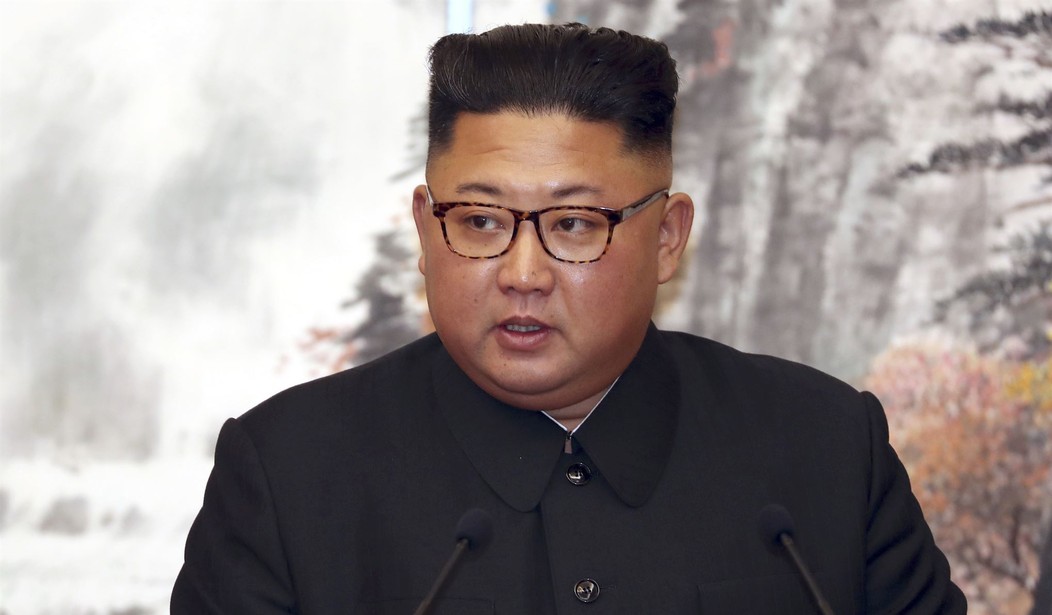In 1989, Soviet leader Boris Yeltsin traveled to Texas. He was taken to a grocery store in Clear Lake, which is outside of Houston where NASA’s then-Johnson Space Center is located.
The grocery store he went to was nothing special, a typical American place to buy food and so forth.
He visited NASA and was impressed, but the unscheduled trip to the grocery store blew Boris Yeltsin’s mind.
Yeltsin, then 58, “roamed the aisles of Randall’s nodding his head in amazement,” wrote Asin. He told his fellow Russians in his entourage that if their people, who often must wait in line for most goods, saw the conditions of U.S. supermarkets, “there would be a revolution.”
Shoppers and employees stopped him to shake his hand and say hello. In 1989, not everyone was carrying a phone and camera in their pocket so Yeltsin “selfies” weren’t a thing yet.
Yeltsin asked customers about what they were buying and how much it cost, later asking the store manager if one needed a special education to manage a store. In the Chronicle photos, you can see him marveling at the produce section, the fresh fish market, and the checkout counter. He looked especially excited about frozen pudding pops.
We would’ve been divided by politics, but the pudding pops could unite a fractured world. They pretty much did.
In Yeltsin’s own autobiography, he wrote about the experience at Randall’s, which shattered his view of communism, according to pundits. Two years later, he left the Communist Party and began making reforms to turn the economic tide in Russia. You can blame those frozen Jell-O Pudding pops.
They are amazing. Yeltsin eventually presided over the dissolution of the Soviet Union and its largely peaceful reversion back to Russia. It’s not his fault that Putin is turning it into some kind of hybrid between the USSR and the tsarist empire of old.
Someone needs to get ahold of North Korea’s leaders and bring them to an American grocery store. That country closed its border with China — also communist of course — during COVID and is now deep in the throes of famine. Maybe this explains even Kim’s mysterious weight loss.
North Korea is ordering citizens to start producing their own food to prepare for a long-term food shortage that could last for three years, but ordinary people say that the government is shirking its responsibility, sources in the country told RFA.
The UN’s Food and Agriculture Organization estimated in a recent report that North Korea would be short about 860,000 tons of food this year, about two months of normal demand.
RFA reported in April that authorities were warning residents to prepare for economic difficulties as bad as the 1994-1998 famine which killed millions by some estimates, but experts said that the situation was dire, but nothing like the 1990s.
The U.S. and many western countries experienced temporary supply chain issues as consequences of the COVID lockdowns, but we have rebounded. We’re dealing with inflation but not starvation. On most days the shelves on our grocery stores are full and we can get anything we can afford. Even our so-called “food deserts” aren’t so disastrous that the government is telling people to start growing our own food or we’ll starve.
It doesn’t have to be the way it is in North Korea. Communism is to blame, first and last. It doesn’t work, it never has, and it never will. North Korea’s cousins to the south are struggling through another round of COVID but they’re capitalist. They’re not starving.









Join the conversation as a VIP Member